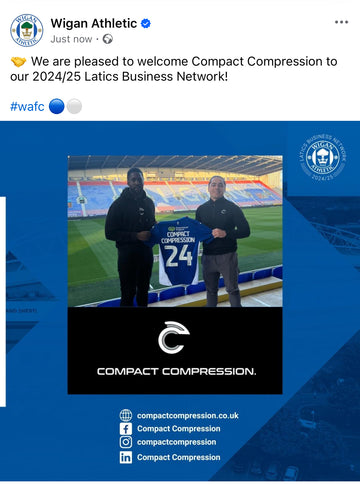Photo by bruce mars on Unsplash
In the hustle and bustle of modern life, it’s easy to overlook the profound impact sleep has on our overall health, especially when it comes to recovery. Whether you're an athlete pushing physical limits, someone managing stress, or simply aiming to feel your best, sleep is the unsung hero of recovery. Here's why prioritising sleep is crucial for healing and rejuvenation.
1. Sleep Repairs Your Body
When you sleep, your body goes into repair mode. During deep sleep, your body releases growth hormone, which stimulates tissue growth and muscle repair. This is particularly vital after intense physical activity or injury.
- Micro-tears in muscles from workouts are rebuilt during sleep.
- Immune cells multiply, helping fight infections or inflammation.
Without enough sleep, these processes are interrupted, delaying recovery and making you more prone to injuries or illness.
2. Sleep Restores Mental Function
Recovery isn’t just physical t’s mental too. Sleep is critical for cognitive recovery and emotional resilience:
- During REM sleep, your brain consolidates memories and processes emotions.
- Quality sleep enhances focus, problem-solving, and decision-making, which are essential for personal and professional success.
Chronic sleep deprivation can lead to irritability, anxiety, and a reduced ability to cope with stress, undermining mental recovery.
3. Sleep Regulates Hormones
Sleep is the cornerstone of hormonal balance. During recovery, several hormones are at play:
- Cortisol, the stress hormone, is reduced during quality sleep.
- Testosterone and melatonin—both important for muscle repair and immune function—peak during rest.
Poor sleep disrupts these hormones, causing increased inflammation, reduced healing, and even weight gain.
4. Boosts Immunity and Reduces Inflammation
A healthy immune system is essential for recovery, and sleep plays a pivotal role in bolstering immunity. Sleep:
- Enhances the production of cytokines, which help the immune system fight infections and heal wounds.
- Reduces inflammation that may arise from physical or emotional stress.
Skipping sleep doesn’t just delay recovery it weakens your defense system against future challenges.
5. Enhances Athletic Performance
For athletes, sleep isn’t just part of recovery it’s a competitive advantage. Studies show that:
- Athletes who get 8+ hours of sleep see improved reaction times, endurance, and accuracy.
- Consistent sleep patterns reduce the risk of overuse injuries and burnout.
Whether you're running marathons or enjoying weekend yoga, better sleep translates to better performance.
How to Improve Sleep for Optimal Recovery
If you're ready to harness the power of sleep, here are some tips to optimise your rest:
- Stick to a Schedule: Go to bed and wake up at the same time daily.
- Create a Sleep Sanctuary: Keep your room dark, quiet, and cool.
- Limit Screen Time: Avoid screens at least 1 hour before bed to reduce blue light exposure.
- Watch Your Diet: Avoid caffeine, alcohol, and heavy meals close to bedtime.
- Consider Relaxation Techniques: Meditation, deep breathing, or gentle stretching can signal your body it’s time to wind down.
Final Thoughts
Sleep isn’t a luxury; it’s a necessity, especially for recovery. It’s the time when your body and mind rebuild, recharge, and prepare for the challenges of tomorrow. By making sleep a non-negotiable part of your routine, you’re investing in long-term health, peak performance, and overall well-being.
So tonight, put away the phone, dim the lights, and give yourself the gift of a full night’s rest. Your body and your future self will thank you.






